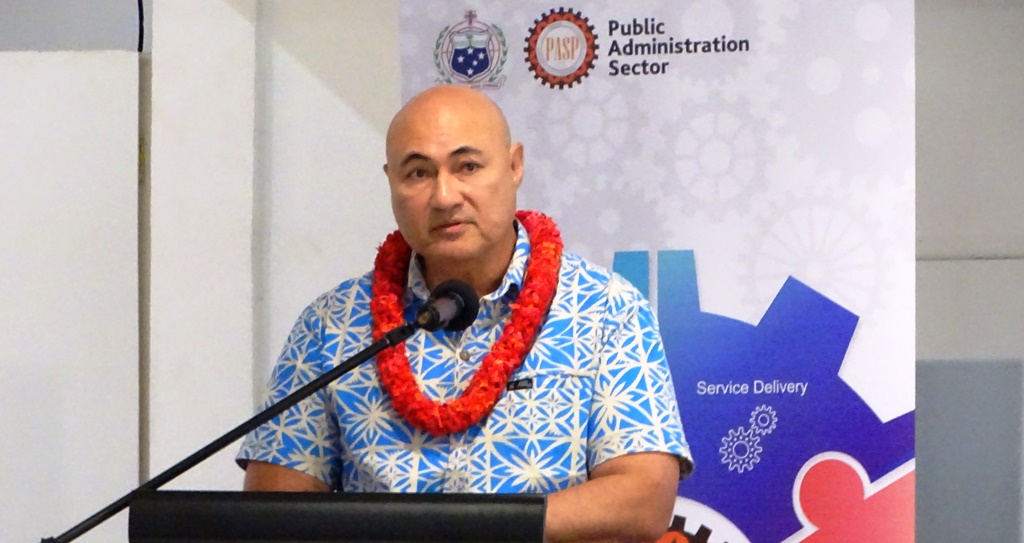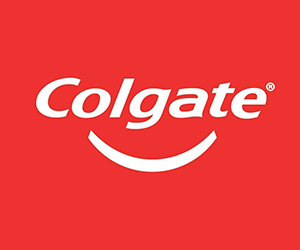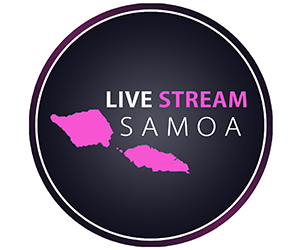Government
DPM Disappointed by Government’s Poor Participation at Anti-Corruption Forum

By Lagi Keresoma
APIA, SAMOA – 12 DECEMBER 2022: The Deputy Prime Minister, Tuala Iosefo Ponifasio publicly voiced his disappointment at the poor participation of Government institutions in last weeks’ International Anti-Corruption Forum.
He noted very little presence of the Chief Executive Officers, Assistant Executive Officers, Cabinet Ministers and parliamentarians at the forum. Rather, some Government ministries were represented by junior officers.
Tuala said such a forum is very important as there were presentations and dialogue on finding ways to combat corruption and these key people and decision makers should have been present.
The forum was coordinated by the Public Service Commission and Tuala wanted to know why these Government entities were not invited, then urged PSC to consider it for future forums.
The Public Service Commission Chairman, Nonu Saleimoa Vaai apologised and confirmed that they were all invited including Cabinet Ministers.
“Corruption is everywhere, even within the Government entities,” said Tuala.
He pointed out that Samoa acceded to the United Nations Convention Against Corruption in April 2018 for a reason.
“Our accession was the culmination of years of hard work and lessons learned in the anti-corruption and integrity space, and it signalled the Government’s commitment to strengthening public trust and citizens confidence in the Government systems, processes and laws,” said Tuala.

Public Service Commission Chairman, Nonu Saleimoa Vaai, Ombudsman Luamanuvao Katalaina Sapolu, PSC Commissioner Gatoloai Tili Afamasaga & Deputy Auditor Muaausa Marshal Maua.
Tuala said whilst corruption is not defined in Samoa’s Crimes Act 2013 nor the UN Anti-Corruption Convention, however, there is a provision in the Crimes Act that criminalises corruption in its different forms.
Corruption as defined by anti-corruption non-governmental organisations is the use of public office for private gains.
“Being part of the Convention is an opportunity to enhance the existing culture of integrity and honesty,” he said.
Tuala emphasized that strengthening Samoa’s national, regional and international reputation is an important part for public institutions hence Government’s commitment to develop an anti-corruption strategy under the Public Administration Sector Plan led by UNCAC.
“Making a commitment is one thing, seeing it to action is another and your Government has made a commitment to reinforce the ethical culture of the Samoa Public Sector,” he said.
“The public deserves honest, impartial and ethical public servants,” Tuala said.

The participants at the International Anti-Corruption Forum
80 cases of corruption investigated by PSC
The Public Service Commission Chairman, Nonu Saleimoa Vaai confirmed during the forum that his office had investigated 80 corrupt cases in the last two financial years.
Some of the cases include sexual affairs between a top official and a low rank employee in the ministry, misuse of finance and other corrupt practices.
Nonu said out of the 80 cases, Cabinet had either issued warnings, reprimands or terminations in various matters on recommendations from PSC.
Poor leadership & recruiting wrong people
Whilst deliberation focused on various contributing factors to corruption such as the Samoan culture, the matai system, dishonesty and greed, Nonu raised two factors.
- Recruiting the wrong people and
- Poor leadership.
He said recruiting the right people for the job can help avoid all unnecessary unpleasantness, but all these fall on good leadership.
Integrity & Ethics
Ombudsman, Luamanuvao Katalaina Sapolu emphasized Integrity and Ethics as the key components that once gone astray, lead to corruption.
She said Integrity is a personal trait that defines an individual’s character whereas Ethics, which is external, is more of a check and balance in case Integrity steps out of line.
“The lack of integrity or behaviour leads to corruption,” she said.
Every Government ministry, corporation, and the private sector have their own Codes of Ethics which is the foundation for all employees’ behaviour.
Tuala said corruption spreads quickly because employees’ behaviours and attitudes change quickly as well, corrupt practices may become a norm and form part of the organisational culture.





















